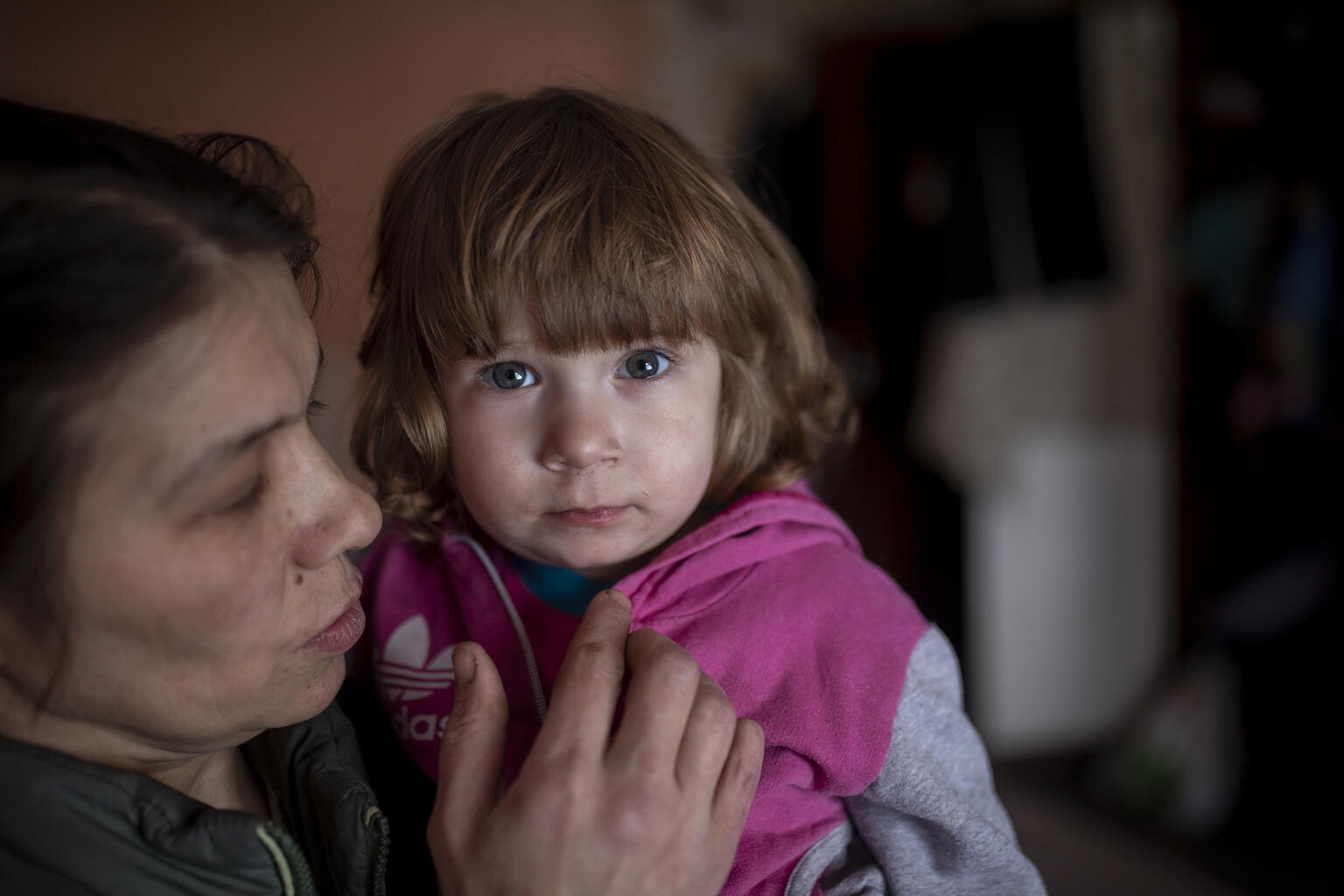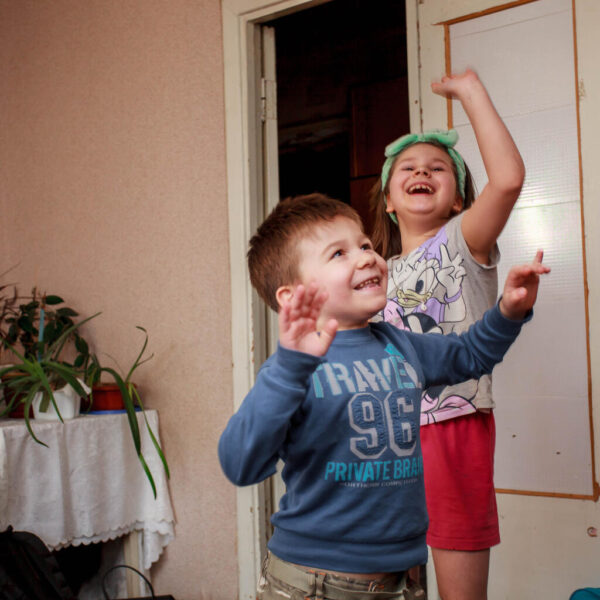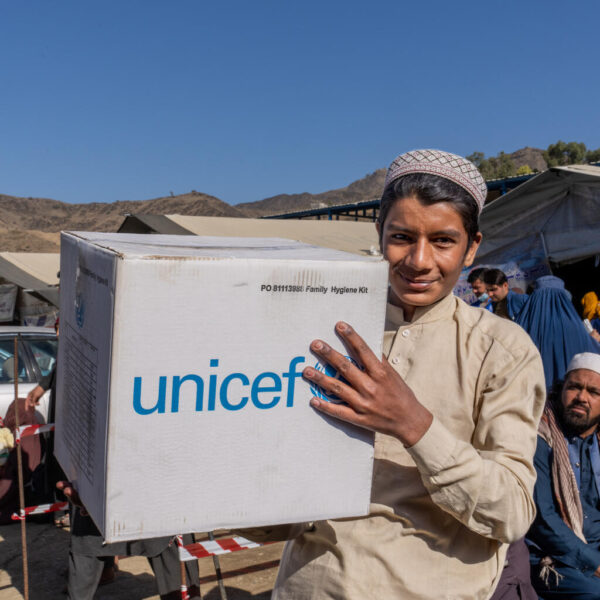With ongoing conflict around the world, the children in your life may want to talk to you about what is happening.
They may be feeling worried and anxious about the stories they have seen and heard.
We’ve put some tips together to help you talk to them about what’s happening in places like Ukraine, Yemen and Gaza and support them through these difficult times.
1. Be aware
Look out for changes in their behaviour – disrupted sleep, mood changes and fights breaking out could all be signs that they’re worried.
2. Listen first
Do they want to talk about it? If so, give them your full attention, take their lead and use their words. A good starting point is to understand what they already know and find out how they are feeling. Some children might know little about what is happening and not be interested in talking about it but others might be worrying in silence.
Kids can discover the news in many ways, so it’s important to check what they’re seeing and hearing. It’s an opportunity to reassure them and potentially correct any inaccurate information they might have come across whether online, on TV, at school or from friends.
Look together at responsible, age-appropriate sources, such as BBC Newsround or First News and let them know you’re always there if they want to talk.
3. Be honest and calm
Children have a right to know what’s going on in the world, but as adults, we have a responsibility to keep them safe from distress. Use age-appropriate language, watch their reactions and be sensitive to their level of anxiety. Acknowledge that what’s happening is worrying you as well, but keep in mind that kids take their emotional cues from adults, so try not to overshare any fears with your child.
Speak to them calmly and be mindful of your body language. Reassure them that they are safe from any danger. Remind them that many people are working hard around the world to stop the conflict and find peace. And remember it’s ok if you don’t have all the answers.
4. Focus on the helpers
It’s important for children to know that people are helping each other with acts of courage and kindness. Find positive stories, such as the first responders assisting people, or young people calling for peace.
Ask if your child would like to try a positive action. Perhaps they could draw a poster or write a poem for peace, or maybe you could participate in a local fundraiser. The sense of doing something, no matter how small, can often bring great comfort.
You can read more about how we are protecting children in Ukraine, children in Yemen and children in Gaza.
5. Be there for one another
As the conflict continues, continue to check in with your child to see how they’re doing. How are they feeling? Do they have any new questions or things they would like to talk about with you?
Consider practising mindfulness, enjoy gentle family time together and, if needed, take breaks from social media.
6. Look after yourself
Keep informed but think about how much information you’re exposing yourself to and take care of your own well-being. Children pick up on our anxieties, so it helps them to know that you are calm and in control.
If you’re feeling anxious or upset, take time for yourself and reach out to other family and friends. Try and make time to do things that help you to relax and recuperate.
Having open conversations with children and young people about how they’re feeling, and sharing how you feel too, is one of the best ways you can support them.
Organisations like Young Minds are sharing resources via their websites and social media accounts. These are specifically designed for young people who may be feeling worried.




